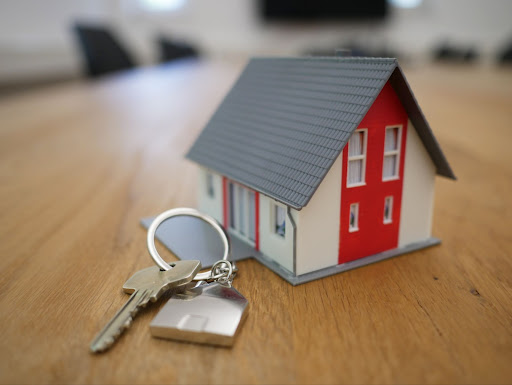Deciding to rent or purchase a home is a significant decision that affects your financial situation, lifestyle, and goals. Both renting and buying require a regular and consistent income to afford the payments and other costs associated with each. Depending on your current financial situation and goals for your future, you can determine which option best suits you and your family. As you decide, there are important things to consider, including maintenance, location, and the housing market in your area.
Owning a home can bring a sense of security and grounding; however, if you relocate frequently, there might be better options for you and your family. Though rent might be higher than a mortgage payment, homeownership will require other responsibilities to maintain the property that might not otherwise be necessary when renting. A common misconception about renting is that you are ‘throwing away money’ each month on a payment with nothing to show at the end of a lease, but that is not always the case.
Buying
Buying a property has its pros and cons. When weighing your options, there are some things to consider financially and emotionally. Purchasing a property is an investment of both money and time. Maintenance will fall on your shoulders, requiring time to take care of minor upgrades and maintenance such as painting the back room or mowing the lawn. Homeowners are responsible for additional expenses, including property taxes, maintenance costs, and mortgage interest payments that the landlord would take care of when renting.
The purchase of a home can create a sense of stability. You have landed in an area you feel comfortable in, you don’t have to worry about increasing housing costs, and you are secure in your property without the risk of eviction or a landlord selling their property. Being the homeowner gives you the freedom to decorate and alter the interior and exterior of the property, though renovations might not change the value of your property. Because homeowners are paying interest on their mortgage, they are also eligible for tax deductions due to owning a property and paying interest.
Although searching for your dream home can be exciting, many costs are associated with purchasing a property, including commission and other closing costs. Buying a home requires more funds upfront than renting, especially with a required down payment, usually 20% of the purchase price. With the market and economy constantly changing, additional risks are associated with buying a home. Maintenance costs are now your responsibility, including landscaping, replacing broken appliances, and maintaining a pool if you have one. In some cases, the HOA will maintain these things for an additional cost per month, increasing your monthly payment. Suddenly buying a property is becoming a more considerable responsibility you might not be prepared for. Understanding the costs and time required to own a property is essential.
Renting
Renting a property can be better suited for some, especially if you and your family are prone to relocating. Your lease is your only binding obligation when renting. When your lease is up, you have the freedom to move or stay at the property. Unlike purchasing a property, renting is typically a monthly fixed and consistent cost. The landlord will be responsible for any maintenance or repairs necessary for the property.
The housing market has changed significantly in the last few years and continues to change with the economy. However, there are cons to renting as well. In some areas, rent is much more expensive than buying because of the current demographic or other factors. When it comes time to renew a lease, you face the risk of rent increasing or the landlord deciding to sell the property. The consequence of not making a rent payment is eviction, but you are not forfeiting an investment or the equity added to the property, unlike owning a home.
Buying VS Renting
Based on your financial situation and lifestyle, you might conclude that one option is better for you. Buying a home requires a lot more upfront and typically requires more care, whereas renting can offer less responsibility and the freedom to relocate if necessary. A mortgage payment might be lower than rent, but a homeowner assumes more responsibility and additional costs than a renter. Weighing the pros and cons of both options can be eye-opening to the reality of your situation.
To understand your financial status and homebuying options, contact a financial advisor with AFBN. You and your advisor will determine where you stand financially and help you determine whether renting or buying would best suit your needs.


Leave A Comment